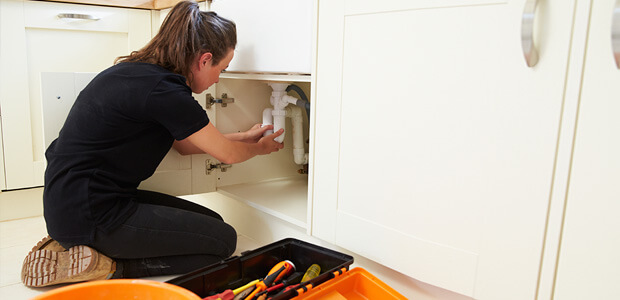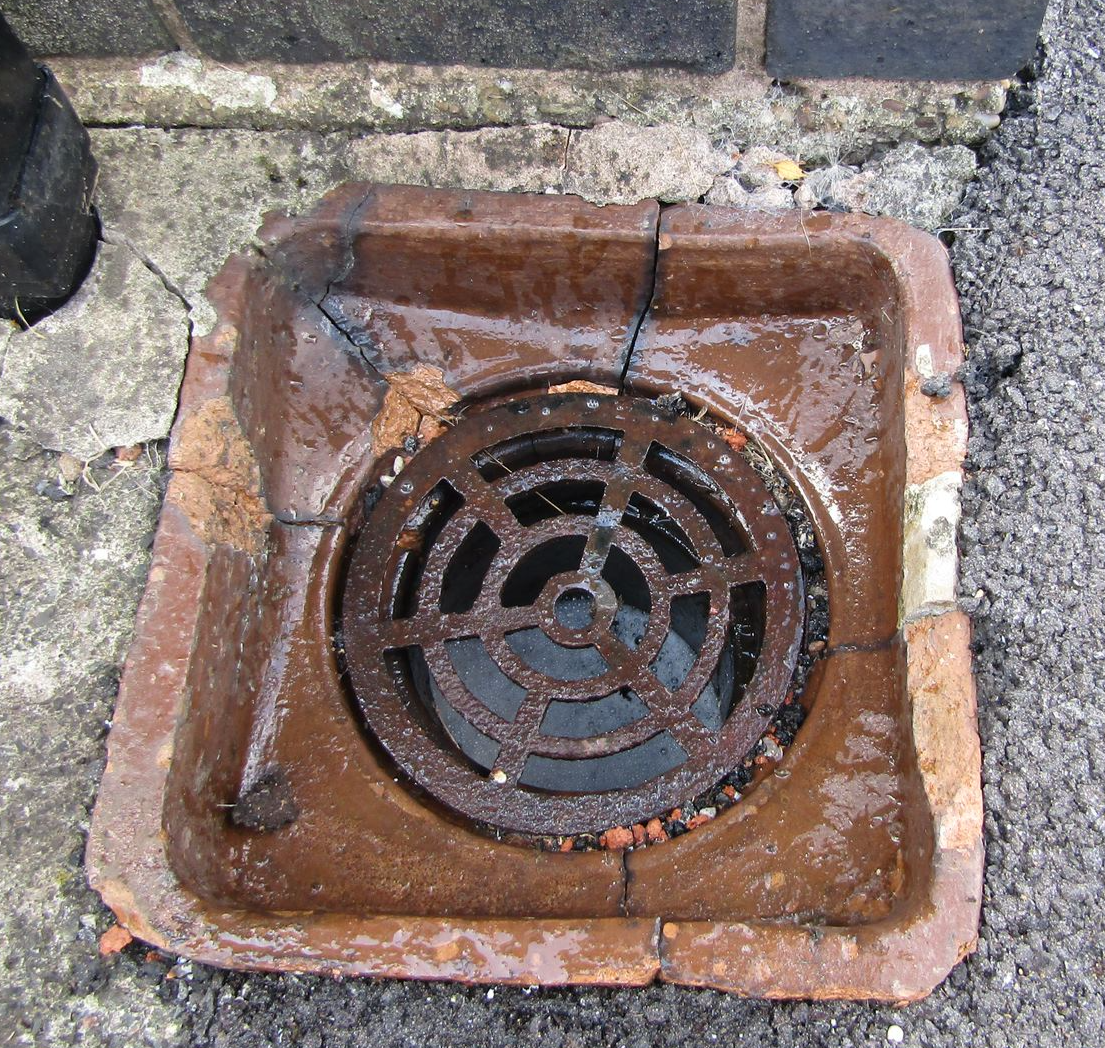Ways to Address a Blocked Drain Prior to Calling in Plumbing Professionals
Ways to Address a Blocked Drain Prior to Calling in Plumbing Professionals
Blog Article
The author is making a few good annotation related to Tips for Dealing with Clogged Drains and Sewer Lines overall in this article down below.

Intro
Managing an obstructed drainpipe can be an aggravating experience, interrupting day-to-day tasks and possibly creating damages to your building. However, before connecting to plumbing professionals, there are actions you can require to address the issue yourself. In this overview, we'll discover DIY services and preventive measures to tackle a blocked drain properly.
Determining the Problem
The first step in resolving an obstructed drain is identifying the indicators. Slow-moving drainage, gurgling sounds, foul odors emanating from drains, or water support up are common indicators of an obstructed drainpipe. Recognizing these indicators early can assist prevent better difficulties.
Selecting the Right Pipes Solution
When choosing a pipes solution, take into consideration aspects such as experience, licensing, and client testimonials. Choose a trustworthy plumbing technician with a performance history of quality craftsmanship and clear prices methods.
Cost Considerations
The price of specialist drainpipe cleaning services can differ relying on the extent of the blockage and the plumbing professional's prices. Request quotes from several companies and ask about any type of added fees to guarantee transparency and prevent shocks.
Safety and security Precautions
When trying DIY drain cleaning, focus on safety and security. Use protective gloves and glasses to stay clear of contact with harmful chemicals or germs. Never ever mix various drain cleaning items, as this can generate unsafe fumes.
Case Studies
Real-life instances highlight the efficiency of do it yourself remedies and the value of timely professional treatment in settling drain clogs.
Usual Causes of Obstructed Drains
Comprehending the factors that contribute to drain pipes blockages is vital for reliable resolution. Usual wrongdoers consist of hair, soap residue, grease, food particles, and international objects like sanitary items or paper towels. Tree origins attacking below ground pipes can also create considerable obstructions.
DIY Solutions
For small blockages, numerous DIY services can be effective. Pouring boiling thin down the drain can aid dissolve oil and debris. Baking soda and vinegar or a combination of salt and baking soda can act as natural cleaners. Utilizing a plunger or plumbing snake to remove obstructions is one more option.
Devices and Devices
Having the right tools on hand can make DIY drain cleaning up a lot more effective. A plunger is a versatile device for removing clogs in sinks, bathrooms, and showers. A pipes serpent or auger can reach deeper clogs, while drain cleansing chemicals can be made use of carefully for stubborn clogs.
Preventive Measures
To prevent future clogs, taking on preventive measures is crucial. Mount drain guards or strainers to capture hair and particles before they enter the pipelines. On a regular basis flush drains pipes with hot water to dissolve grease accumulation, and stay clear of taking care of grease or strong waste down the drain.
When to Call a Professional
While DIY options can settle small blockages, specific indications show the requirement for expert aid. Persistent obstructions, foul odors in spite of cleansing efforts, or multiple drains supporting at the same time are warnings that call for skilled treatment.
Verdict
By complying with the suggestions described in this overview, you can efficiently tackle blocked drains and stop future plumbing issues. Whether opting for DIY solutions or seeking expert aid, timely action is essential to maintaining a healthy pipes system and preserving the stability of your home.
How to Clear a Clogged Drain Yourself (And When to Call In the Professionals)
What Can Clog a Drain
Dirt Skin flakes Hair Grease Soap scum Food Offset pipes Tree roots Small objects Mineral buildup DIY Tricks to Unclog a Drain
You can fix this! Once you have identified the source of the clog (or have a vague idea), you can try one or a combination of these fixes in order to clear your plumbing.
Wire Hanger or Snake
Untangle and clear out hair from a drainpipe with a homemade snake. Use a straightened-out wire hanger with a 90-degree angle hook to locate the clog and drag out any unwanted material.
Remember not to push the clog further down to where the wire hanger cannot reach! If you need to follow up with a plunger, give it a try. Your efforts might be more successful after it’s been wire-snaked.
If you want to get fancy and don’t have a wire hanger to spare, head to the store and pick up a hand-operated drain snake. You can get one for $10-$30. It may save you the hassle, and provide additional length to reach deep into the clogged pipe.
Plunger
A cup plunger has a suction cup attached to a wooden handle. The rubber creates a seal around the drain, and increases the pressure force of the plunger.
Plunge for 30-second increments to loosen the clog. This may need to be repeated over the course of 15-20 minutes. Once plunged, run the water to flush the remaining material out of the drain.
Remember– never use a plunger if you have used a chemical drain cleaner. These chemicals can splash up from the force of the plunger and cause serious injury or burns.
Boiling Water
Hot water can sometimes break up materials into a flushable amount. Dirt, grease, and soap buildup requires heat in order to unstick from surfaces.
Take your kitchen kettle and heat your water to a boil. Once it reaches a rolling boil, pour it directly down the drain into the blockage. Carefully follow with plunging, if necessary.
Don’t worry if this takes more than one try! It can often take multiple kettles and repeated plunging in order to clear a particularly stubborn clog.
Chemical Drain Cleaner
As a last resort, pick up a bottle of chemical drain cleaner. Drain-cleaning chemicals are potent, and not very good for the environment.
You may need to wear protective eyewear in gloves before handling your bottle of chemical drain cleaner. Follow the instructions printed on the bottle, and flush with water as soon as the instructions allow. Do not follow with plunging.
Baking Soda and Vinegar
As a safer alternative to chemical drain cleaner, baking soda and vinegar can create a chemical reaction that clears tough clogs.
Combine one cup of cleaning vinegar with one cup of boiling water, and set aside. Once you have done this, pour half a cup of baking soda down the drain. Give the baking thirty seconds to settle and cover a large portion of the problem drain.
Following the baking soda, pour down your vinegar and hot water solution. Once the vinegar and baking soda combine, the mixture will bubble and fix. Let this reaction fizzle in the drain for about an hour.
After an hour, follow with a kettle’s worth of hot water. The heat and liquid should flush out any remaining material.
When to Call a Plumber
If your DIY attempts haven’t cleared your clog drain, it’s time to call in a professional. It’s not worth losing access to your kitchen sink or high-traffic bathroom. A clog in a vital area can keep you from the things you’d rather be doing, and derail your routine.
Anytime a clog is causing water to spread is a time to call in a plumbing service. What starts out as a little bit of water can quickly grow into serious, expensive water damage.
Additionally, a serious clog can result in burst pipes or serious leaks. Make sure you know when to take it seriously!
https://myguysnow.com/how-to-clear-a-clogged-drain-yourself-and-when-to-call-in-the-professionals/

Do you like reading up on ? Leave a remark down the page. We would be glad to find out your reactions about this posting. We are looking forward that you visit us again soon. Sharing is nice. Who knows, you may just be helping someone out. Thank-you for your time spent reading it.
About This Report this page